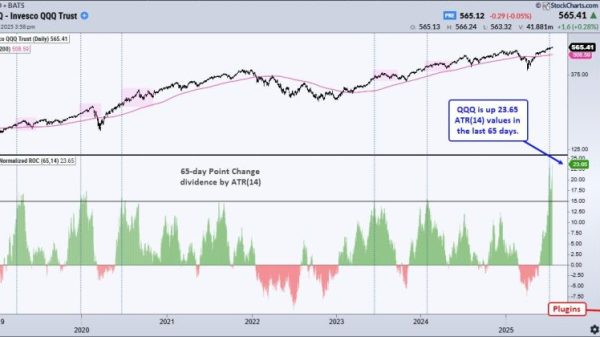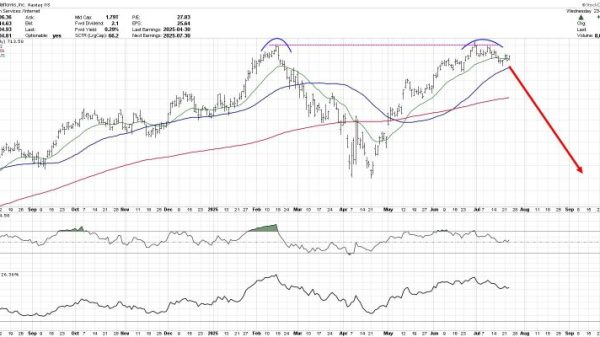The Internal Revenue Service (IRS) has clarified its stance on the taxation of cryptocurrency staking rewards, stating that such rewards are taxable upon receipt. The announcement comes amid an ongoing lawsuit filed by crypto investor Joshua Jarrett. Joshua challenges the IRS’s approach to taxing staking activities. This legal development has sparked widespread attention within the cryptocurrency community.
IRS Confirms Staking Rewards Are Taxable Amid Ongoing Legal Battle
According to a recent Bloomberg report, the Internal Revenue Service asserts that rewards earned through staking activities must be included as gross income for the year they are received. The agency’s stance is based on Revenue Ruling 2023-14, which mandates that any value received from staking qualifies as taxable income. Taxpayers are required to report the fair market value of staking rewards as taxable income. This value is determined at the time they gain control over the tokens.
The IRS issued the clarification during a legal dispute involving Joshua Jarrett. Jarrett contends that staking rewards should not be treated as taxable income. He asserts that they represent newly created property rather than income. However, the IRS denies this claim, maintaining that the rewards are fully taxable because recipients gain both “dominion and control” over the tokens.
Crypto tax has been a hot debate around the globe recently. Consequently, recent reports indicate that Hong Kong is planning to exempt crypto taxes for private equity and hedge funds to attract foreign capital. This strategic move aligns with its vision of becoming a leading finance and cryptocurrency hub in Asia. The announcement comes amid similar developments in the U.S., where Trump’s administration is considering crypto tax exemptions.
Revenue Ruling 2023-14 Central to the Legal Challenge
The Internal Revenue Service relies heavily on Revenue Ruling 2023-14 to support its position on staking rewards. This ruling mandates taxpayers to report the value of tokens generated through staking as part of their gross income.
Moreover, the IRS requires taxpayers to report staking rewards as taxable income as soon as they gain control over the tokens.
Jarrett’s lawsuit, filed in October, aims to challenge the application of this ruling to staking rewards. The case’s outcome will shape the regulation and taxation of crypto staking activities.
Meanwhile, the timing of the Internal Revenue Service’s clarification comes as the cryptocurrency industry experiences rapid growth. With increasing adoption and record-breaking valuations, regulatory authorities have intensified their scrutiny of cryptocurrency activities.
Most recently, the European Union finalized its MiCA regulation, providing a comprehensive framework to govern crypto assets. The policy outlines stringent measures for market abuse prevention and stricter rules for crypto-asset service providers. With MiCA set to take effect on December 30, 2024, stakeholders are preparing for transformative changes.
The post IRS Declares Crypto Staking Rewards Taxable Amid Lawsuit appeared first on CoinGape.



























